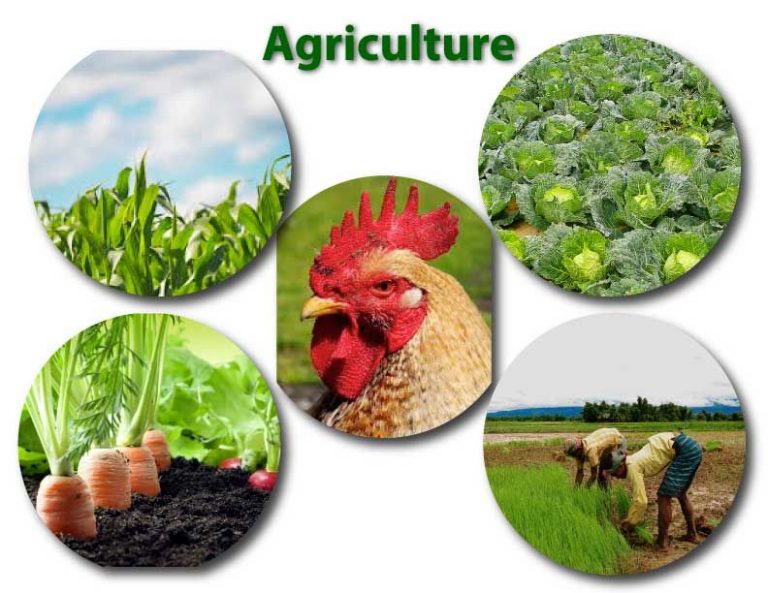A firm, Sydani Group, has called for the harnessing of technological innovation and investment in resilience-building practices and infrastructure to optimize agricultural production in the country.
Godfrey Meyer-Petgrave, an agricultural professional with Sydani Group, during a roundtable discussion with journalists over the weekend, said that empowering smallholder farmers for sustainable productivity and reforming policies, as well as strengthening institutions for effective coordination, will also boost agricultural productivity in the country.
While highlighting some emerging solutions to Nigeria’s agricultural challenges, Petgrave said Climate-Smart Agriculture (CSA) technologies and practices offer promising opportunities to address Nigeria’s agricultural challenges while promoting economic growth and sustainability.
These practices, according to him, aim to enhance food security while simultaneously addressing adaptation and mitigation strategies for climate change. He said numerous innovations and approaches worldwide fall under the umbrella of CSA, providing farmers with tools to improve their resilience to climate change and variability.
Furthermore, he noted that Micro-dosing, introduced by the International Fund for Agricultural Development (IFAD) and ICRISAT, involves applying small amounts of fertilizer directly to cereal crops at planting and after thinning.
The agricultural expert said Micro-dosing reduces fertilizer usage and wastage, resulting in higher yields and adoption rates of up to 80 percent.
Petgrave further stated that Conservation Agriculture (CA) practices, which include minimum or zero tillage, soil cover maintenance, and crop rotation, mitigate soil degradation and enhance soil fertility. CA has been shown to increase crop yields, particularly for maize, sorghum, and millet, even in poor soil conditions.
“Diversifying crops and intercropping reduce the risk of crop failure, providing farmers with safety nets against adverse weather conditions. Common intercropping systems include maize-cowpea, millet-maize, and groundnut-maize, offering economic benefits and risk reduction,” he noted.
ALSO READ: I’m alive, hale and hearty – Kollington
Also, he said innovative erosion control techniques such as contour ridges mitigate soil erosion and collect runoff water for farming activities, addressing challenges posed by excess rainfall and flooding, which can improve crop production.
“Farmers are increasingly adopting improved seed varieties resistant to extreme weather conditions and early maturing to adapt to changing climate patterns.
“Combining chemical fertilizers with organic practices like animal manure and compost improves soil health and reduces the need for synthetic fertilizers, contributing to lower costs and greenhouse gas emissions,” he added.
He, however, said that Sydani Farms is committed to addressing these challenges facing the country’s agricultural sector and paving the way for a resilient and food-secure future for Nigeria.






